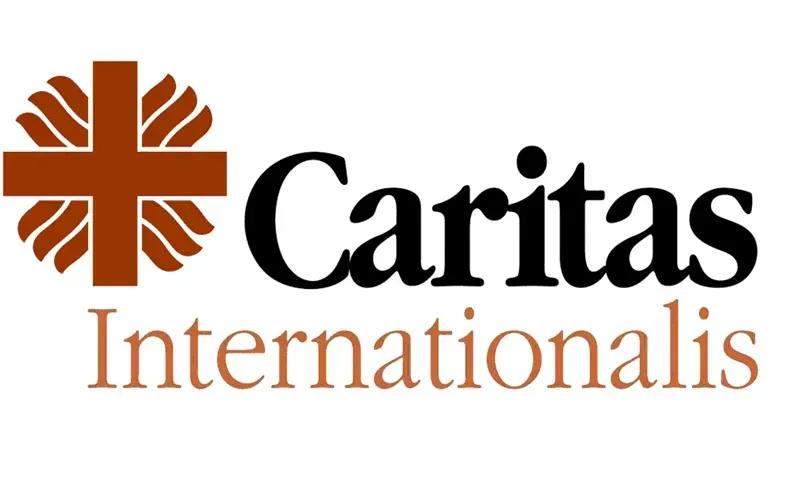Blantyre, 14 August, 2021 / 9:00 pm (ACI Africa).
The leadership of the global confederation of Catholic relief agencies, Caritas Internationalis (CI), is appealing to developed countries to support “developing countries” including those in Africa in their respective fight against “challenging climate conditions.”
In a report published Friday, August 13, CI Officials say, “There is a pressing demand for international support to help developing countries not only reduce their own emissions in line with the Paris Agreement, but to also allow them to adapt to these challenging climate conditions.”
“A rapid and radical reduction in greenhouse gas emissions is essential to achieving global climate targets,” they say, and add, “Much of the climate damage induced by human activity is irreversible and global warming of between 1.5°C and 2°C will be exceeded during this century unless significant reductions in emissions are imminent.”
Officials of the global Catholic entity further highlight the need for the provision of adequate finance “to those countries on the frontline of the climate crisis and already experiencing the worst effects of a changing climate.”
“In Malawi, a small country in Southern Africa, already, temperatures are increasing and changing rain patterns are damaging growth in agriculture, in turn directly impacting food supply,” CI officials say.








